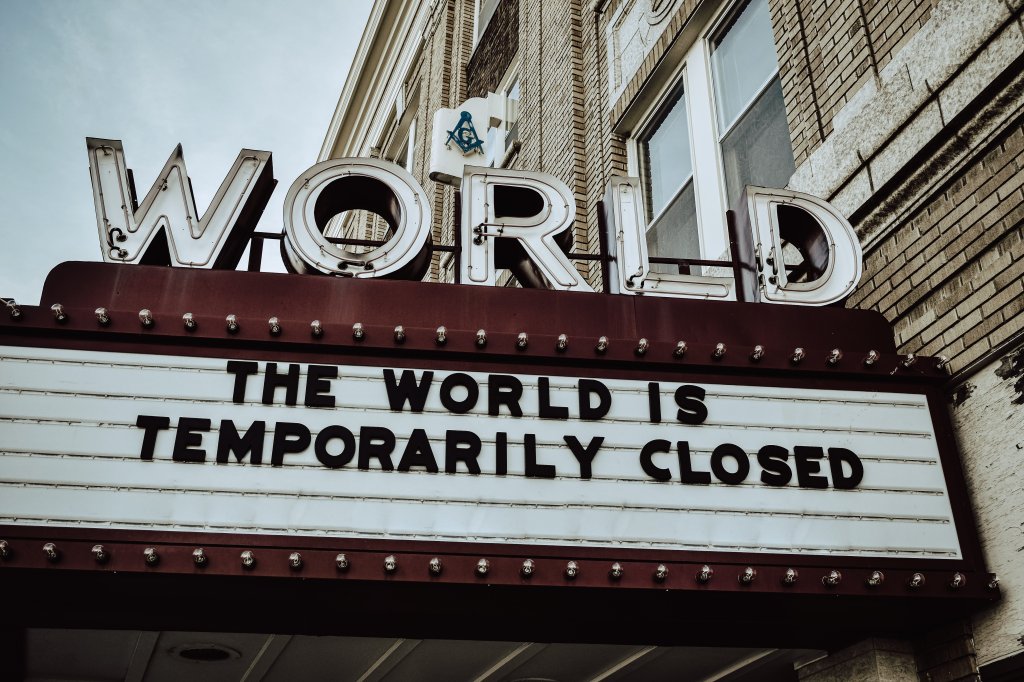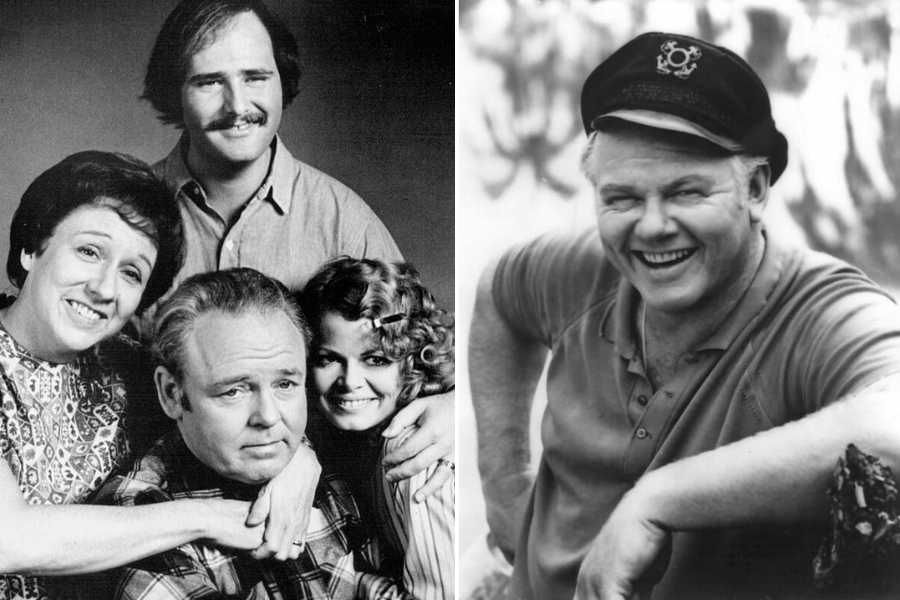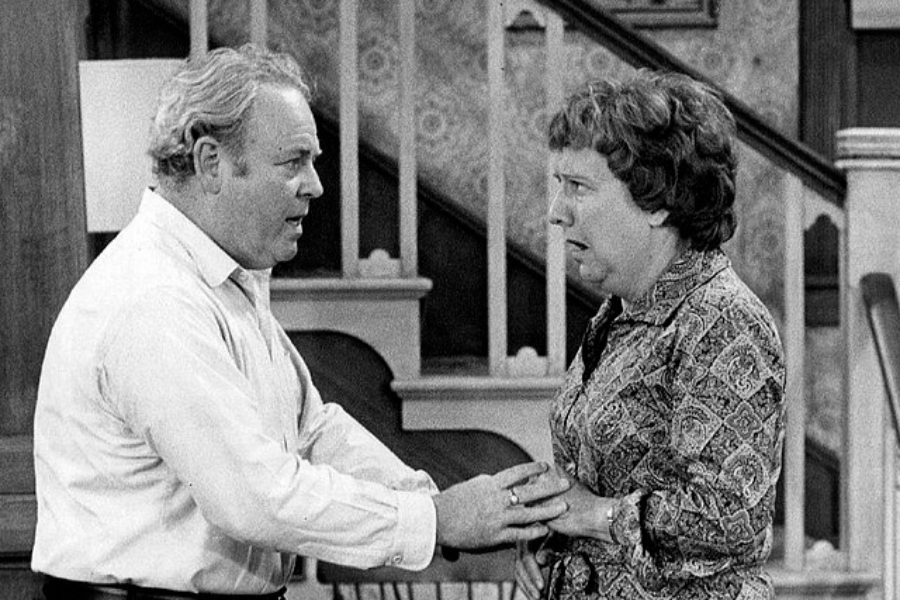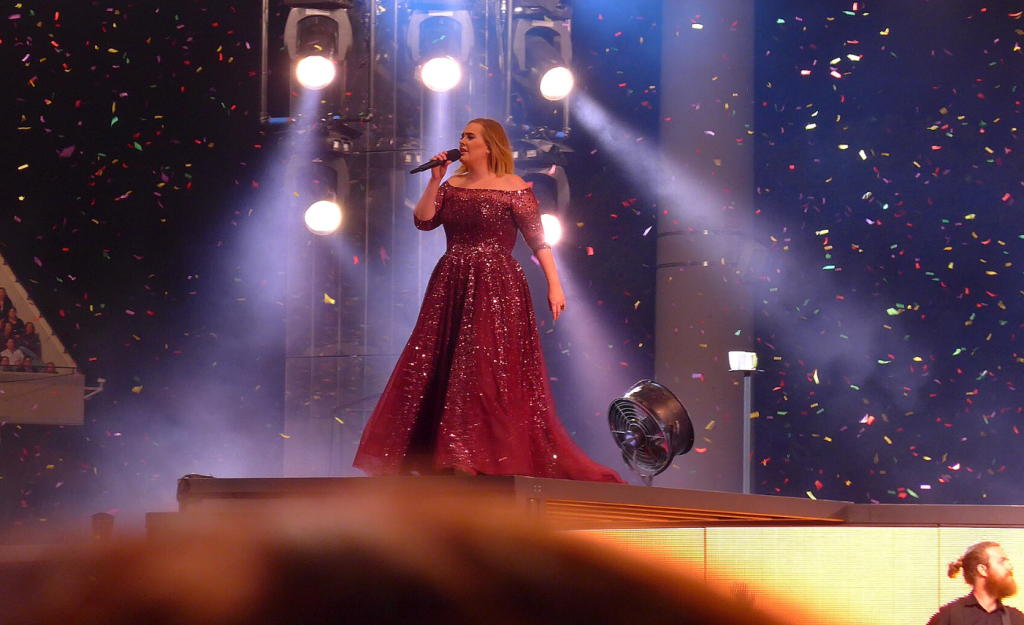My mother went to the hospital when I was 14, and it was the first (but certainly not last) time she talked about what my sister and I should do if she died: “Don’t be sad. Say goodbye, and then go to a movie.”
She was released the next day, but her guidance has always stayed with me. When times are tough, movies are an escape into a different world, one we enter for a couple of hours and then leave, emboldened, entertained, moved and sometimes even changed. Things don’t have to be bad for movies to work their magic; they are equally transformative when life is grand.
Coronavirus has wreaked havoc upon movies and movie theaters around the country. For the first and only time since movies were invented, cinemas across the globe have shut down. World War II couldn’t do that. The Great Depression couldn’t do that. The Cuban Missile Crisis and the Kennedy assassination couldn’t do that. Nothing has ever gotten in the way of the movies, until now.
Recent news that AMC Theatres, the biggest cinema chain in the U.S., could be facing bankruptcy, combined with reports that streaming services like Disney+ are seeing record growth during the unprecedented stay-at-home period, have led some to speculate that once the coronavirus threat has passed, moviegoing won’t recover.
Moviegoing will survive.
To be sure, there’s reason to worry. The number of tickets sold each year has eroded – 14 percent fewer people went to the movies in 2019 than 20 years earlier. Ticket prices, meanwhile, have risen steadily to offset that decline (it cost an average of $9.11 to see a movie last year, while in 1998, the year Titanic was released, the average ticket cost $4.69). Complaints about rude, talkative, device-addicted audiences are common, and long before the virus there was growing concern in Hollywood that people just wanted to stream at home. Movie studios, streaming services and film exhibitors have been eyeing each other warily for years, battling over the right of cinemas to show movies before they appear on Netflix or Amazon.

That movie “window” has been in contention for decades, ever since studios discovered in the late 1980s that they could sell movies directly to consumers. Then, it took nearly a year for a huge hit like Top Gun to come to VHS tape, which was just one of the “ancillary revenue” streams studios could use to ensure a movie earned money long after its box-office run. Home video was at the top of that secondary revenue stream, but there were also sales to cable and network TV, to airlines and hotel chains, even theatrical re-releases.
On its own, chasing after the dream of a pure “direct-to-consumer” business, Hollywood drained that revenue stream. VHS gave way to DVD, which was subsumed almost entirely by streaming – and the ubiquity of streaming services meant travelers didn’t need to pay to watch movies in hotels or airplanes.
And yet … none of that killed movie theaters. If fewer people, on average, saw movies in cinemas each year, about 3 million people were still going to movie theaters every day, and despite the fluctuations, that number had remained fairly constant.

It may be nothing compared with pre-television moviegoing; in 1946, 90 million people went to the movies once a week, but by 1960 that had plummeted to 40 million. Naysayers predicted the death of movie theaters then, but larger-than-life gimmicks like CinemaScope, Cinerama, the first wave of 3-D and even Smell-O-Vision cropped up, and movie lovers proved that they could be passionate about movies and TV, that one didn’t have to usurp the other.
Likewise, those 15 to 20 million people who go to the movies each week despite the advent of streaming prove that sitting in the dark is a habit moviegoers don’t want to break.
There’s no doubt movie exhibitors have a difficult task ahead. They’re going to need to reassure audiences – quickly and constantly – that moviegoing is safe. To begin, they might need to limit the number of tickets sold, and to show movies less frequently, with vigilant and high-profile cleaning in between screenings.
They’re going to need to be scrupulous about cleanliness – more scrupulous than they have been, for sure. Snack bars, restrooms and auditoriums will need to be equally spotless, and movie theaters will need to offer many options for audiences to clean their own seats and spaces. It’s not going to be easy. The most important innovations won’t be on screen, they’ll be in the auditoriums themselves.
But all those wonderful people out there in the dark are going to return. It’s in their nature. And “their” means “our.” We need movies. We need the reassurance, hope, excitement, belief, happiness and promise that they bring. We have always craved stories in the dark. The brilliant light of the projector is our fire, and just as we have for eons we will gather around it to be told stories that help us make sense of our terrifying, glorious, overwhelming world.
That will never be more true than after this collective trauma, when we finally all begin to stagger out of our houses to see how the world has changed. That time will come, and like the victims of any disaster, we will take stock and find that some have fared better than others. We will assess what we have retained, mourned what we have lost, and we will all follow my mother’s words: “Don’t be sad. Say goodbye, and then go to a movie.”




























